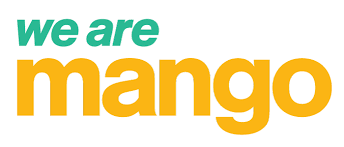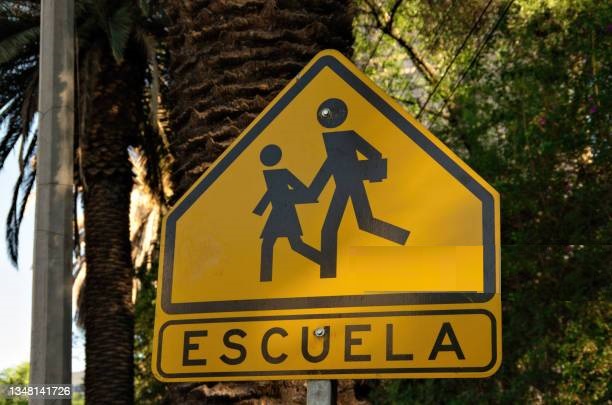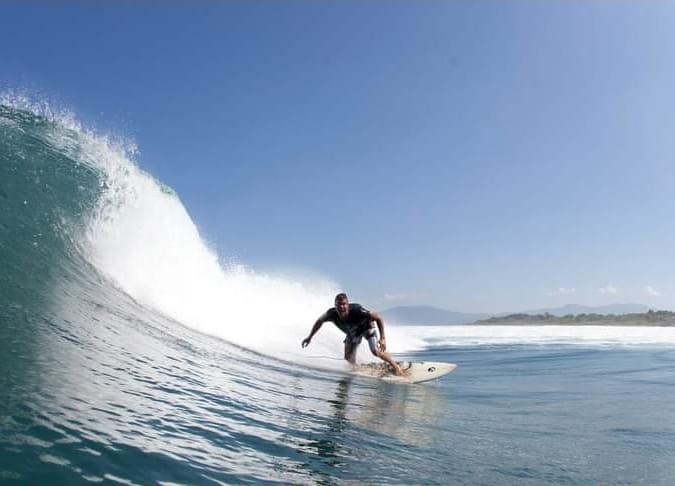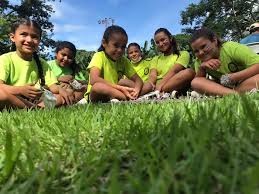Public Schools In Nosara
There is a reason that the Costa Rican public school system is considered one of the best in Latin America. It may surprise you that education has been part of the national fabric since 1869, when free and compulsory schooling was written into the national Costa Rican Constitution. However, it wasn’t until 1948, after a brief civil war, the government disbanded the military, redirected the funds toward public education, and enshrined article 78 into the constitution. It read:
“preschool, general basic and diversified education is compulsory and,in the public system, free and paid for by the nation.”
Eight decades later, there are over 4,000 Costa Rican public schools and in 2018, the adult literacy rate was 97.9 %.
If you’re considering sending your child to one of the public schools in Nosara, here is what you need to know.
Requirements for Public School Enrollment
By far, the most essential school enrollment requirement, particularly for high school, is that your child is proficient enough in Spanish. Beyond that, parents will need to show:
- Proof of residency for parents. If you are still in the residency process, check with the school to make sure your children can still enroll.
- Parent identification. (cedula or passport)
Additional costs and things to consider:
- Uniforms. These are mandatory and must be paid for by the parents.
- Parents are also required to pay for school supplies, books, and school transport.
- If the family cannot afford these items, the government may help cover costs.
Nosara Public Schools and Grade Levels
Costa Rican primary schools teach pupils from first grade (6-7 yrs) to sixth grade (11-12 yrs); and Costa Rican secondary schools teach pupils from grades seven (12-13 yrs) to twelve (17-18). The public schools in Nosara are:
● Serapio Lopez: Kindergarten to 6th grade. Telephone: 25379272
● Escuela de Santa Marta: Up to 6th grade. Telephone: 2682 0455
● Escuela de Esperanza: Up to 6th grade. Telephone: 2682 0355
● Escuela de Santa Teresita: Up to 6th grade.Telephone: 2682 0355
● Colegio Bocas De Nosara: Grades 7-11. Telephone: 26820268
You can reach each of these schools via the Minister of Public Education (MEP) website: https://www.mep.go.cr
School Hours
In order to keep classes as small as possible, Costa Rican public schools offer morning and afternoon schedules. The morning schedule begins at 7 a.m. and lasts until 1 p.m. The afternoon schedule begins at 1 p.m. and ends at 5 p.m. Usually, student schedules rotate. For example, after attending the morning schedule for 3-4 days, they then alternate to the afternoon for 3-4 days, and so on.
About Primary School – Grades 1 – 6

The primary school is divided into two sections: the first goes up to fourth grade and the second encompasses fifth and sixth grades. Besides a slight variation in the required volume of study, not much differs between these phases.
Commonly taught subjects include:
- Art
- English language
- Music
- Religion
- Math
- Sciences
- Physical education
- Home economics
- History
Upon completion of grade 6, a “diploma for the completion of primary school” is awarded by the Ministerio de Educaciòn Pùblica de Costa Rica.
About High School (Secondary school), Grades 7-12

Costa Rican secondary schools teach pupils from grades seven (ages 12-13) to grade twelve (ages 17-18)In Costa Rica, high school lasts longer than in the U.S. (Six years) Although secondary school beyond grade nine is not mandatory, most children attend in order to create a brighter future for themselves.
Like Primary school, high school is divided into two phases.
The first phase lasts until ninth grade. Although the subjects are similar to that taught in primary school, they are covered in greater depth by teachers more specialized in those particular areas.
The second phase lasts until the end of eleventh grade but may be continued to twelfth grade. Known as “diversified education,” students who choose to undertake this three-year-long second phase may choose one of three different academic paths: technical, academic, or artistic.
After the academic division, students are required to pass a “bachillerato test”. Students who pass this test are awarded a high school diploma by the Ministerio de Educaciòn Pùblica de Costa Rica and are eligible to enroll at higher education institutions of Costa Rica.
Grade Equivalent
Costa Rican public schools use grading systems made up of 100-point or 10-point scores. Often, letters are attributed to grade scores: These are:
S (Outstanding)
N (Notable)
Suf (Sufficient)
I (Insufficient)

Higher Education
Upon graduation, students receive the MEP (Ministry of Public Education) accredited Bachillerato. This certification allows students to apply to one of the many highly-reputable national public universities, including the University of Costa Rica, the National University, and the Costa Rican Institute of Technology (TEC). Attending a state university costs, on average, $4,000 per year, which doesn’t include room and board.
Studying Abroad
Some universities outside of Costa Rica may accept the Bachillerato certificate. However, many students intending to study abroad attend a private high school instead. Here, they are able to take classes which may give them a greater chance of being accepted into their colleges of choice.
Want more information about the Costa Rican public school system? Click here:https://www.costaricaeducation.info/education-system





